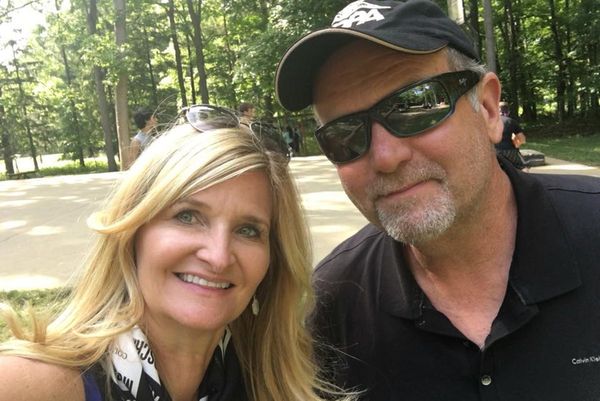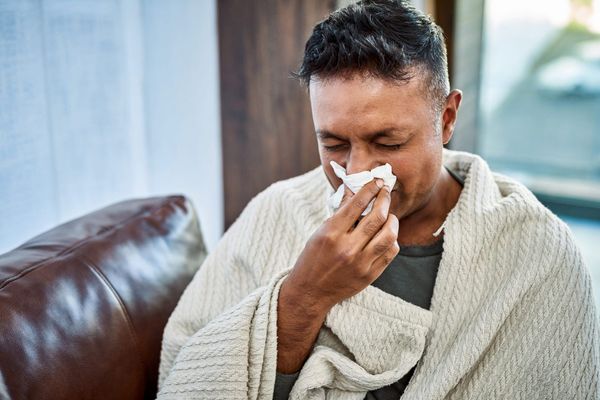
The Supreme Court has agreed to hear an appeal from the Biden administration regarding state bans on gender-affirming care, marking the court's entry into the contentious debate over transgender rights in the United States. This decision comes amidst a backdrop of Republican-led states enacting various restrictions on health care, school sports participation, bathroom usage, and drag shows for transgender individuals, while the administration and Democratic-led states have been extending protections for this community.
The case in question involves a law in Tennessee that limits puberty blockers and hormone therapy for transgender minors. The federal appeals court in Cincinnati allowed laws in Tennessee and Kentucky to take effect after they had been previously blocked by lower courts. The Supreme Court's decision to hear this appeal has significant implications for transgender youth and their families, who are seeking clarity on accessing necessary medical care.
Actor Elliot Page and 56 other transgender individuals have lent their support to the Supreme Court review, emphasizing the importance of this case for the transgender community. Arguments for this case are scheduled to take place in the fall, with the outcome likely to have far-reaching consequences.
Recent developments, such as South Carolina becoming the 25th state to adopt a law restricting gender-affirming medical care for transgender minors, highlight the ongoing legal battles surrounding transgender rights across the country. While most state restrictions are facing legal challenges, the Supreme Court's involvement adds a new dimension to the debate.
Transgender issues have been relatively rare at the nation's highest court, with the justices previously ruling in 2020 that a landmark civil rights law protects gay, lesbian, and transgender individuals from discrimination in employment. The upcoming case on transgender rights signals a renewed focus on this marginalized community's legal protections and rights.
For more updates on the U.S. Supreme Court, visit AP's coverage.







